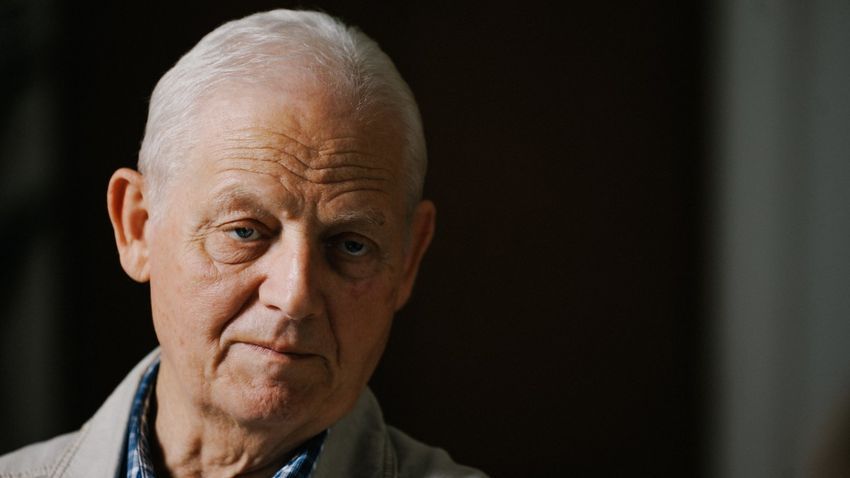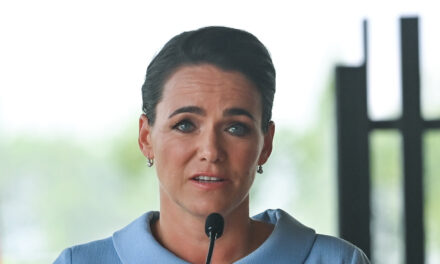The government and the capital will depend on each other.
• For some time now, I have generally felt that almost anything is possible, and vice versa. In addition to the current administrative structure in the capital, and taking into account the composition of the general assembly effective from October 2024, stable governability, i.e. a stable voting majority, is difficult to assume in principle.
In any case, the role of emotional motivations is excessive in Budapest, and the consistency of the key actors of the new general assembly is still unknown. It is also unpredictable that from now on the factions will be motivated from where, by whom and in what spirit and intentions.
In addition, it seems that there are now a lot of completely new representatives in the general assembly who are not yet experienced in the field. So many consequences depend on whether cooperation between the city administration and the government can be established, which practically did not exist between 2019-2024. I think there is a chance for at least partial cooperation due to the plan to host the 2036 Olympics. As a result of the new principles and rules of organizing the Olympics, the government and the capital will be dependent on each other. A large part of the developments necessary to host the World Games must be secured even before the right to host them is awarded. This can bring the ideas of the government and the city administration about Budapest closer to each other, which Budapest can definitely benefit from regardless of whether we get the right to settle or not. So be it!
• Undoubtedly, the Tisza Party has found itself in an unexpectedly strong position, in a certain sense a "king-making" position, but there is absolutely no telling how they will politicize in the capital. It is likely that they will not form a regular coalition, but will rather vote depending on the issues. It is a question of what emotional elements their president's specific relationship with his former political homeland results in during his operation.
In my opinion, the "Tiszák" will need to strongly align with the ideas of the EU leadership, so I wonder how much room for maneuver they will actually have in matters of a political nature.
• Regarding the person of the deputy mayor(s), the editor of the Index probably knows more than I do, since he states expressis verbis that Dávid Vitézy is the most likely. Yes, it is possible. My opinion is that Dávid is not really suitable for mayor. Neither because of his personality nor because of his relatively one-sided professional orientation. However, it is easy to imagine a deputy if he pays attention to the cost factors, if he will not manage the office's employees and especially if Péter Magyar supports him.
I think Gergely Karácsony will have a hard time with him, because I predict that Vitézy will soon surpass Vitézy in communication and the media. Vitézy is a very professional communicator.
I doubt that Gergely Karácsony would now choose Dávid Vitézy according to his heart, but he could easily be forced to do so, which he will certainly not announce in this way. In his place, as part of a political bargain, I would try to simultaneously vote in a deputy who is my confidant and has extensive local government knowledge. I don't have a personal recommendation. On the one hand, it is none of my business, and on the other hand, I barely know a few of the members of the new assembly.
• I cannot say at all what role the Fidesz faction can play in the current cycle - and what kind of policy it plans to pursue.
Featured image: Mandiner/Árpád Földházi













